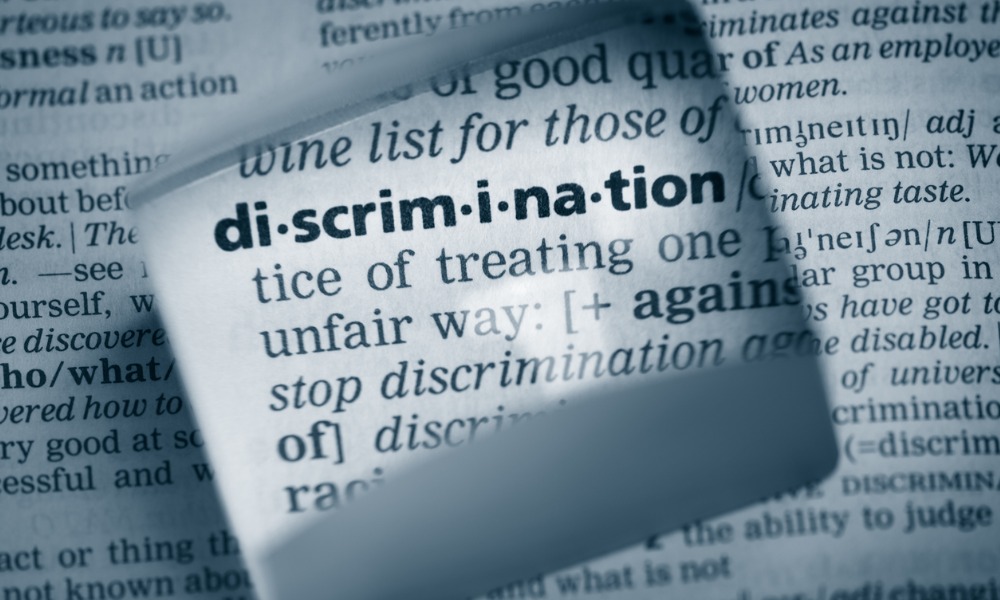
What are most common forms of discrimination experienced by jobseekers?

Incidents of discrimination in the workplace and during recruitment declined for the second consecutive year in Singapore in 2022, government data revealed on Monday.
The number of job seekers who experienced discrimination during job search fell to 23.8% in 2022, down from the 25.8% in 2021 and 42.7% in 2018.
According to the report, which surveyed 3,600 Singaporeans, the most common forms of discrimination experienced by jobseekers concern:
Cases of mental health discrimination went up from the previous 2.9% in 2021, climbing to third this year and overtaking nationality which was ranked third a year ago.
"This could be partly due to greater expectations for employers to care for their staff's mental needs, as well as an increase in the proportion of residents in the labour force with mental health conditions," the report said.
Despite declining, job advertisements that prefer specific demographic characteristics without justifications remained the most common source of discrimination for jobseekers, according to the report.
Another form of discrimination come from employers' request for personal information that was not relevant to the job.
"Age, marital status, and nationality were the most common types of personal information asked in job application forms or during interviews," the report said.
Meanwhile, discrimination experienced by employees in the workplace dipped to 8.2% in 2022, a slight fall from the 8.5% the year before and the 24.1% recorded in 2018.
"Discrimination at work occurs when employees face unfair treatment at work in areas such as salary, career development, and workload distribution," the report said.
According to the respondents, instances of unfair treatment that happened to them related to:
According to the report, employees were discriminated based on the following personal attributes:
Singapore's Ministry of Manpower (MOM) attributed the declining figures to the "collective tripartite efforts to promote and sustain fair employment practices."
According to the report, the number of employees who sought assistance after facing discrimination nearly doubled to 35.3% in 2022, up from the 20% in 2021.
"The majority of employees (75.3%) who sought help with discrimination were able to do so via the formal help provided by their firm or their union," the report said.
Those who decided to not report discrimination said they were afraid of being marginalised at work or making work relations awkward (23.1%). They were also concerned of the action's impact on professional career or future job opportunities (21.5%)
Another 16% of the respondents said past instances reduced their trust in management taking action or handling the case impartially.
According to MOM, employees or jobseekers who experienced discrimination could seek help through their employers' grievance handling process and may also approach the Tripartite Alliance for Fair and Progressive Employment Practices for assistance.
The findings come as Singapore seeks to enact a new workplace fairness law, which aims to stamp out discrimination across organisations.
"Enacting the Workplace Fairness Legislation will further strengthen our stand against workplace discrimination in Singapore and ensure access to fair opportunities for our workers," MOM said in a media release.